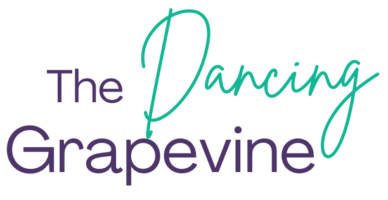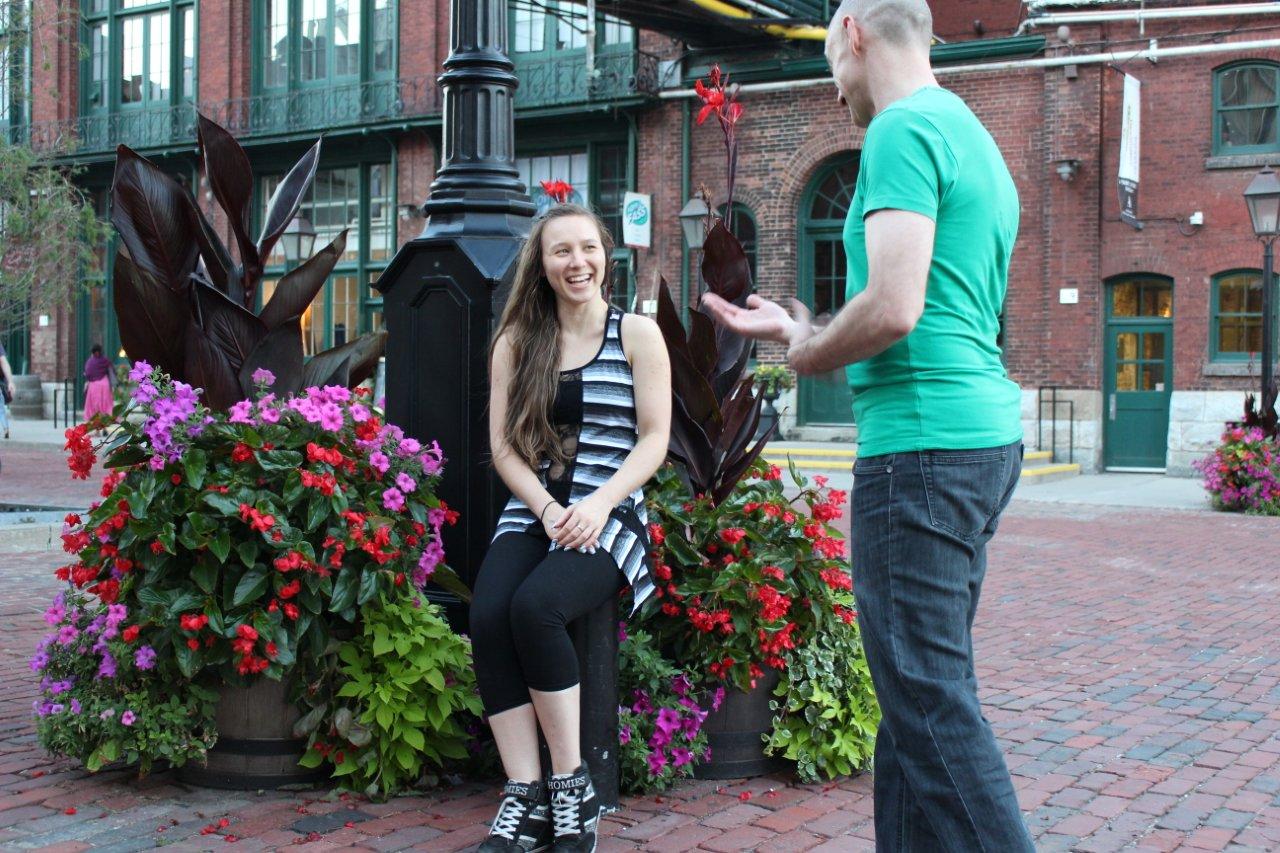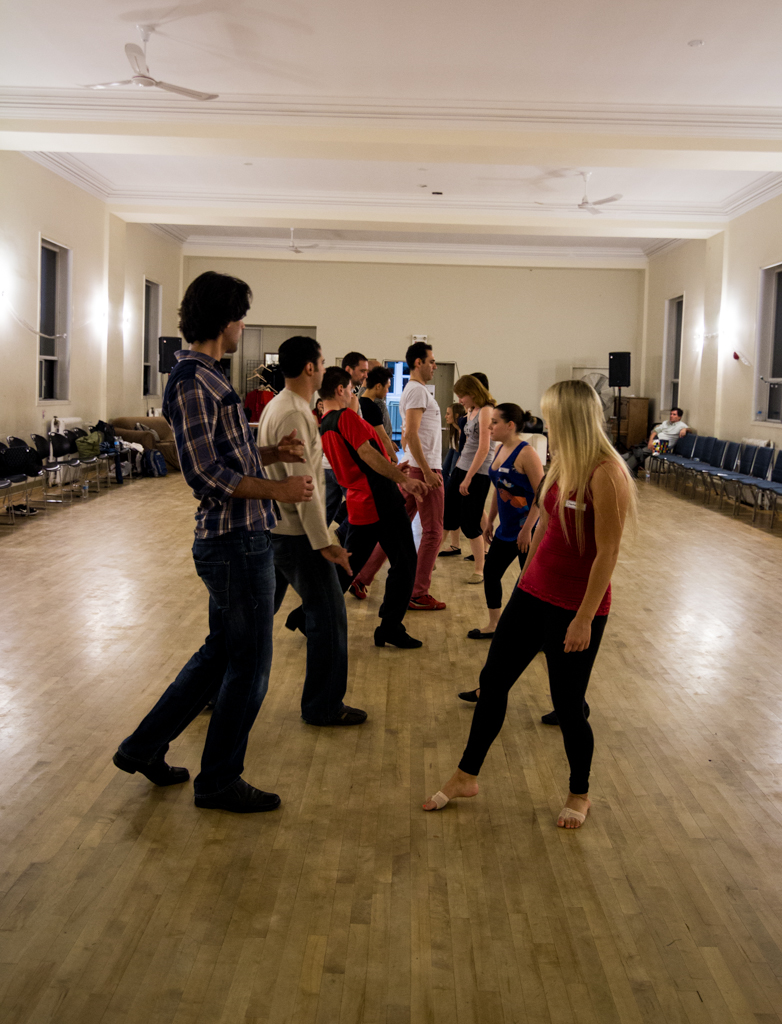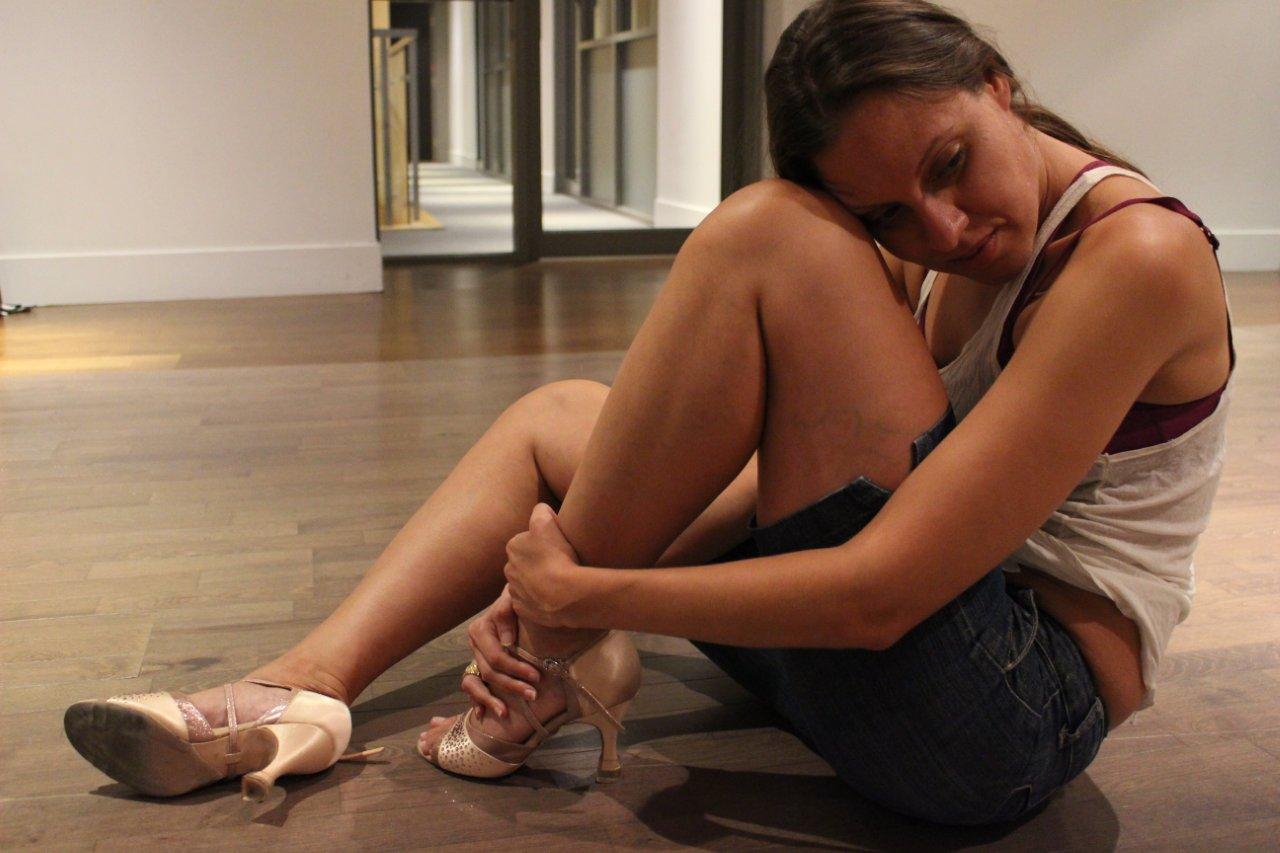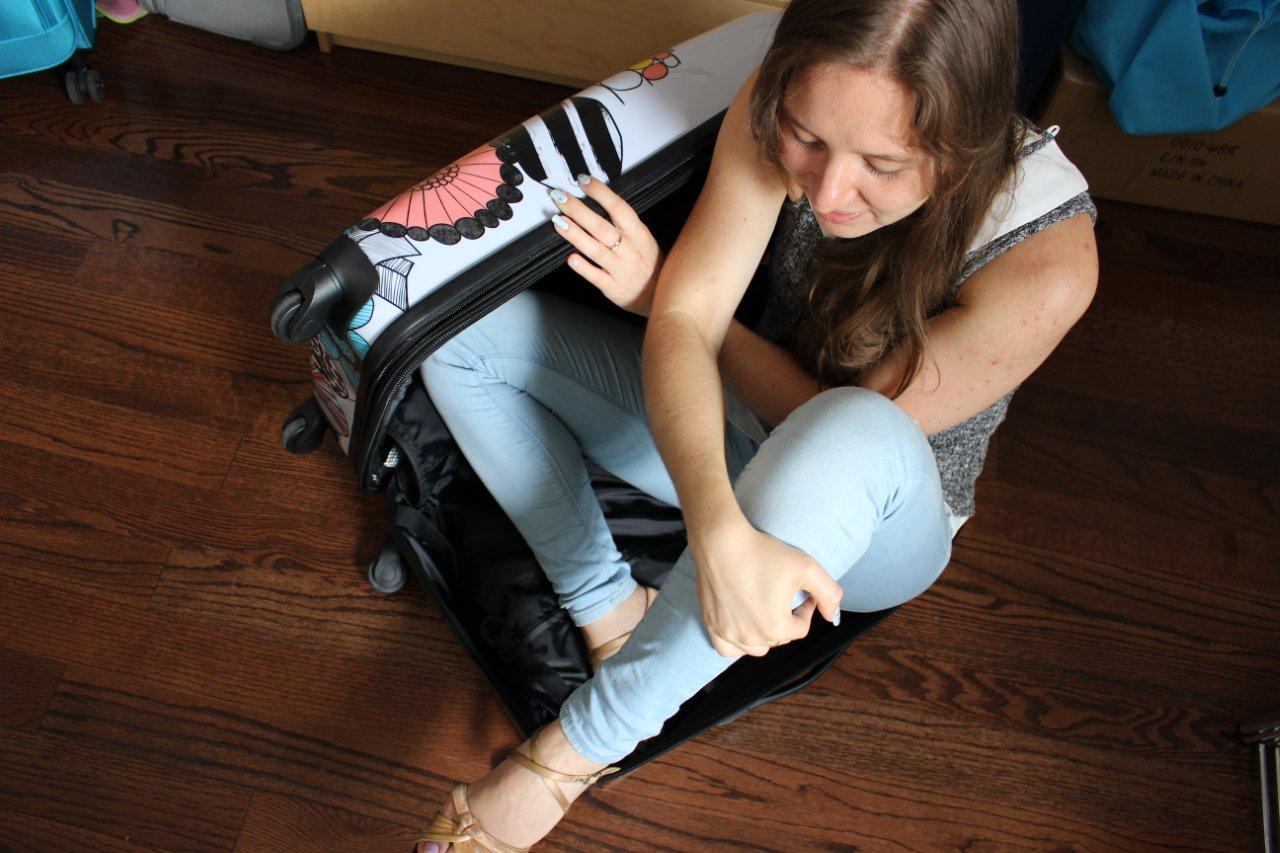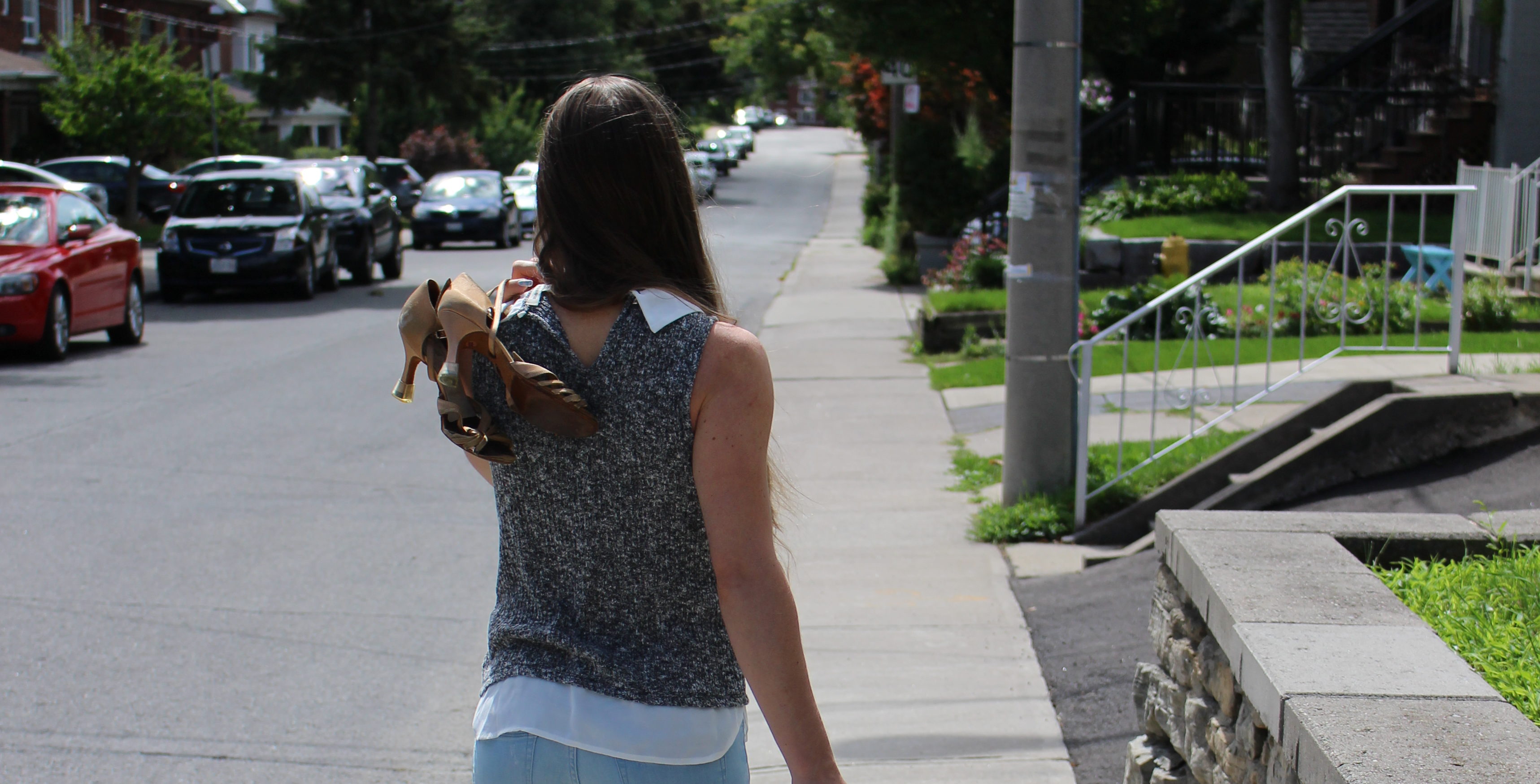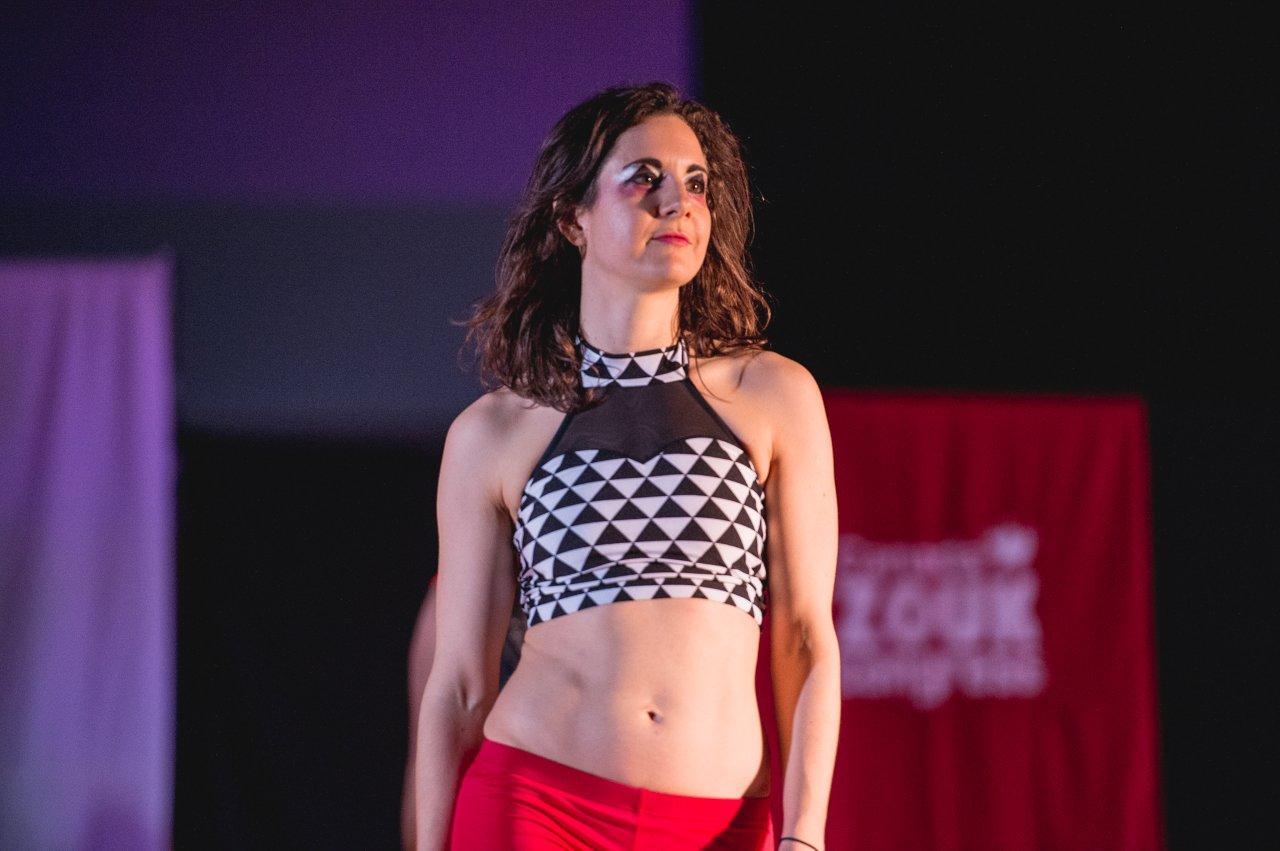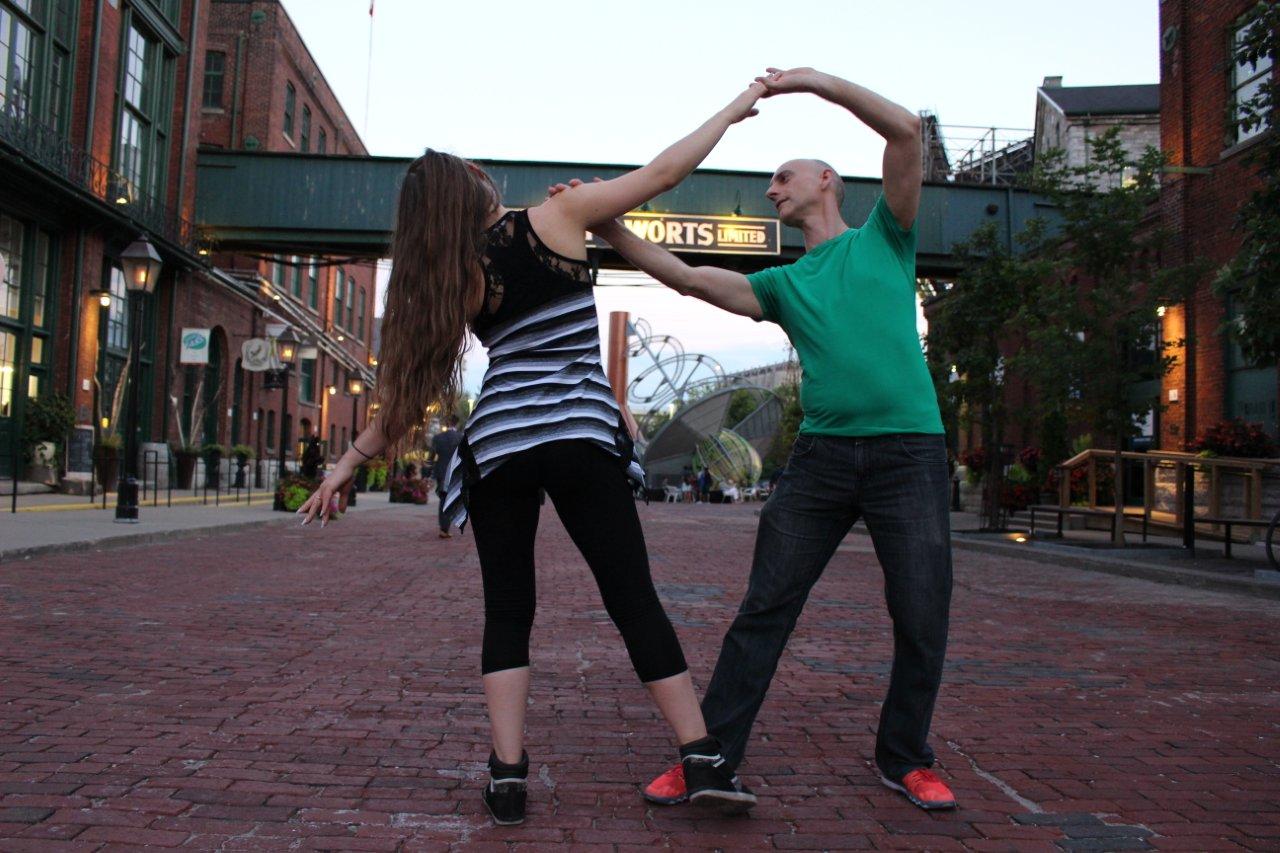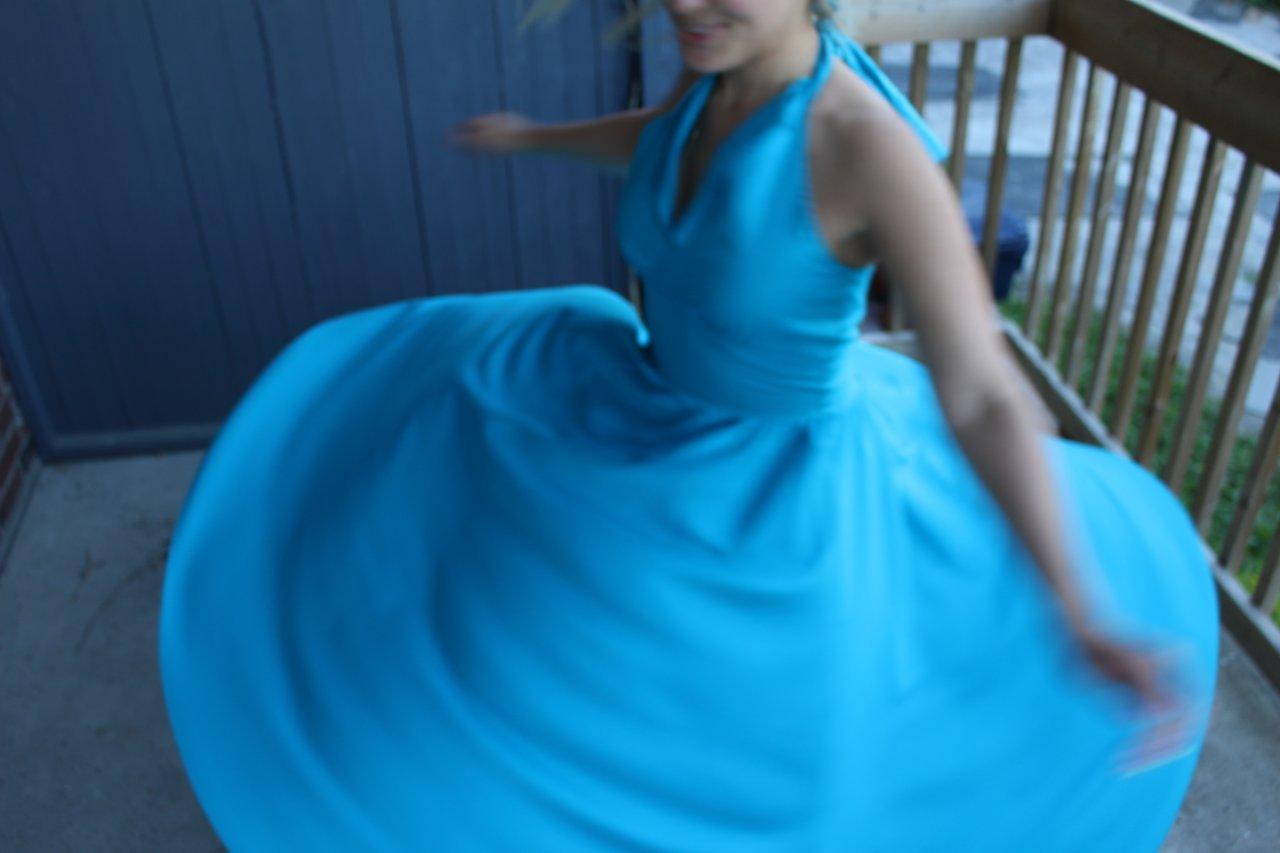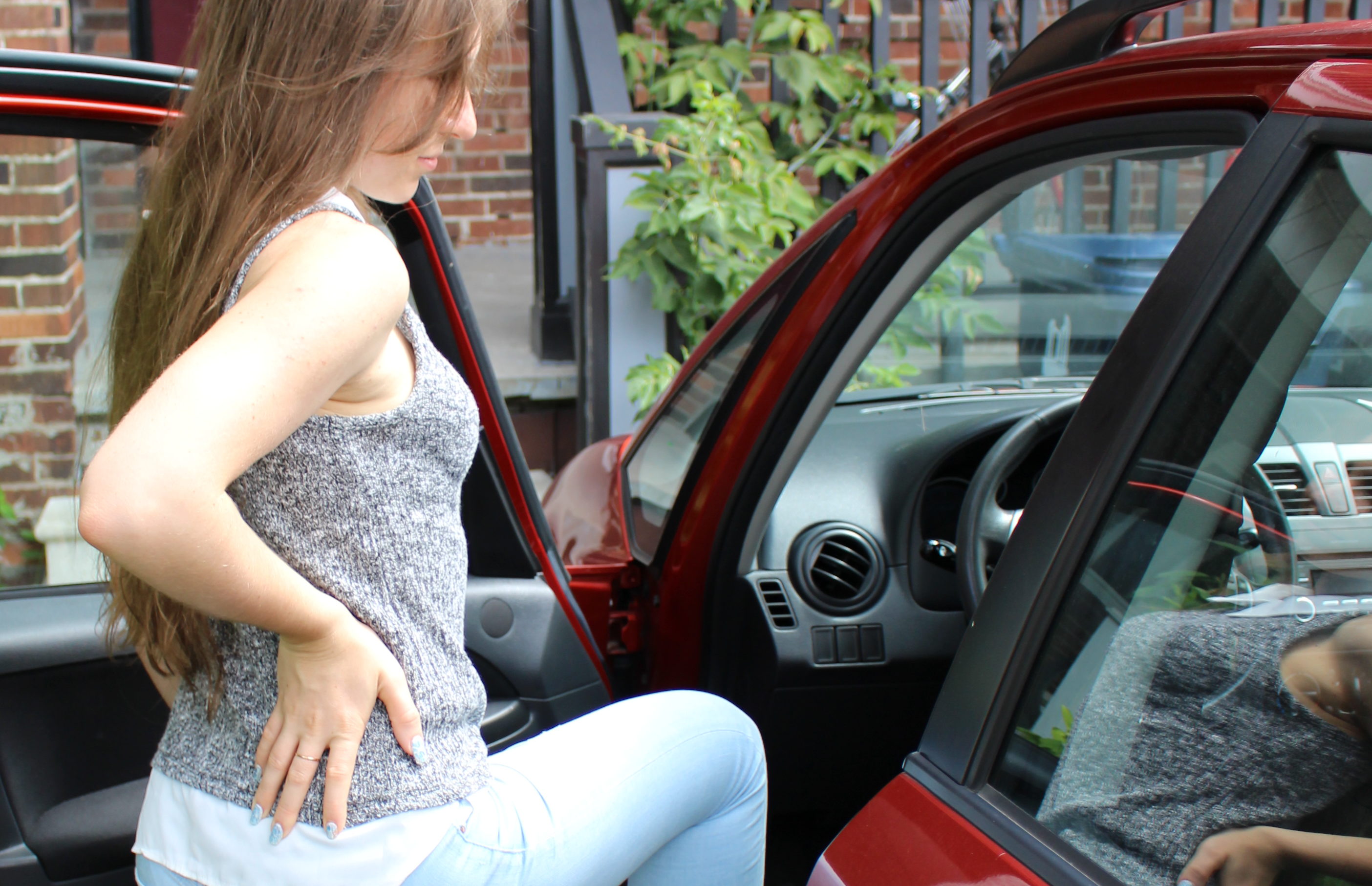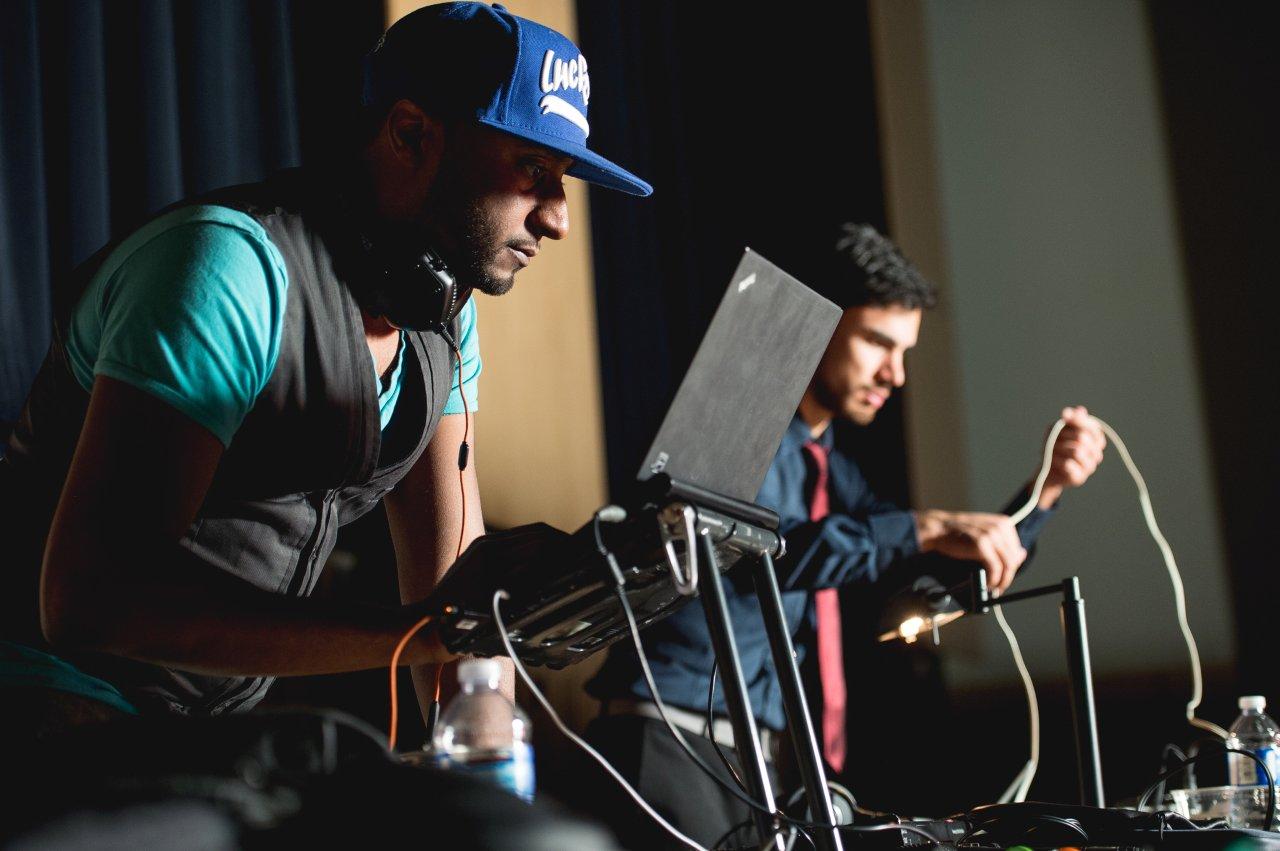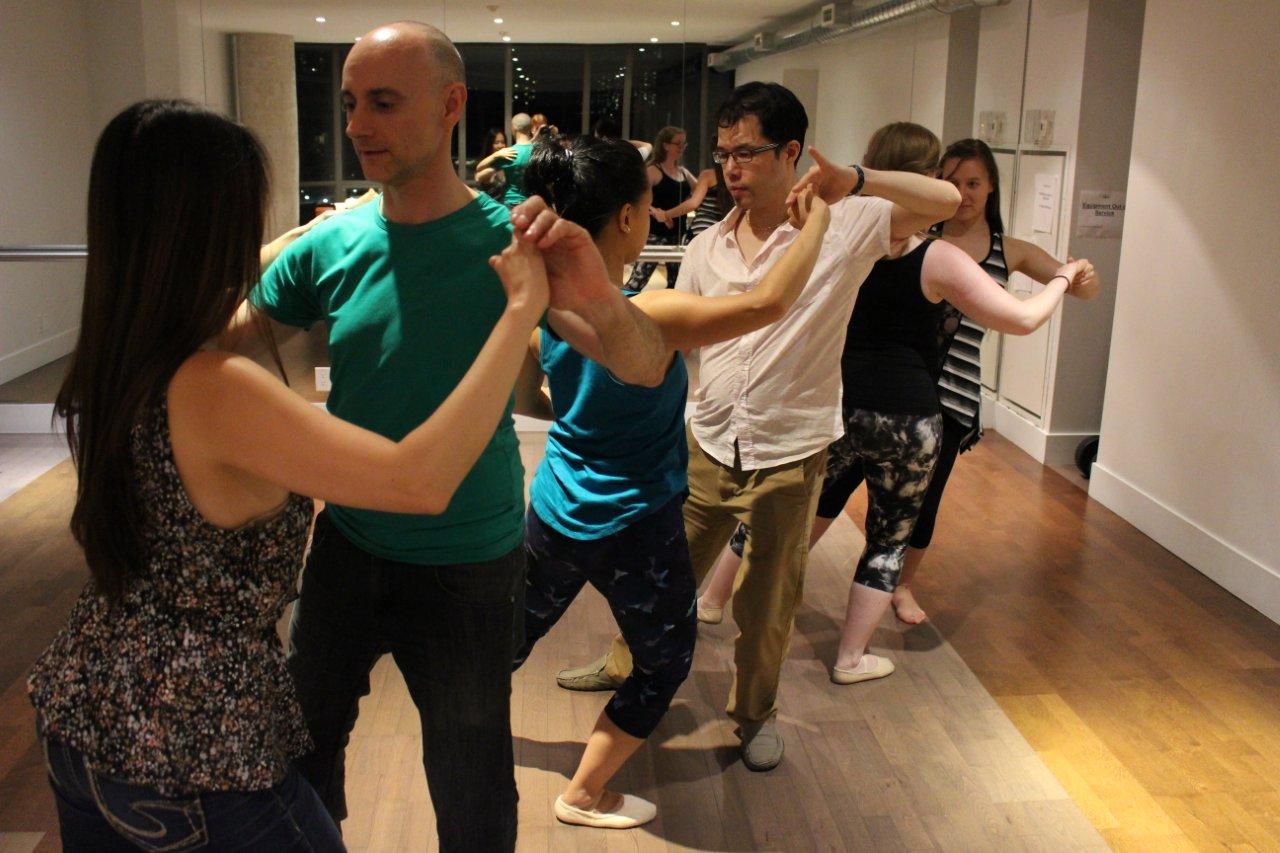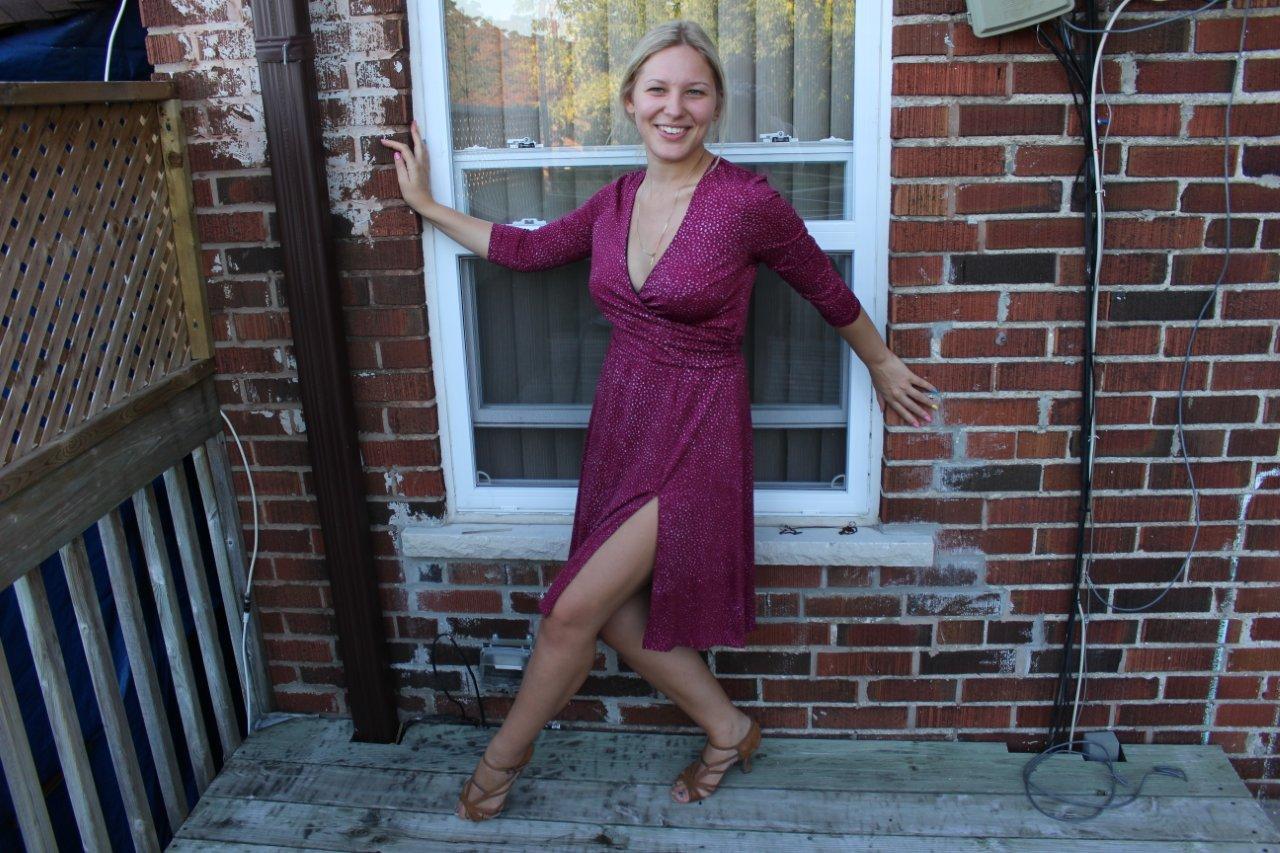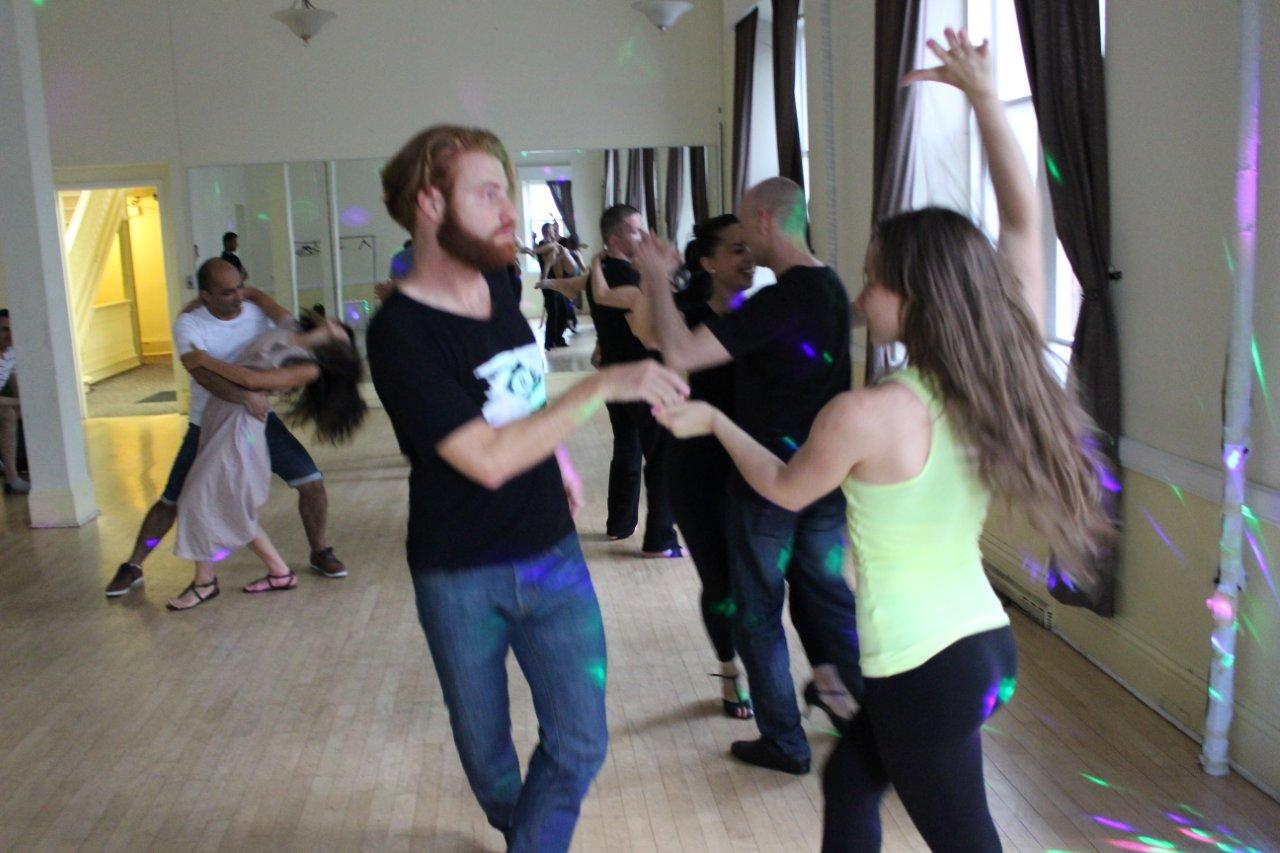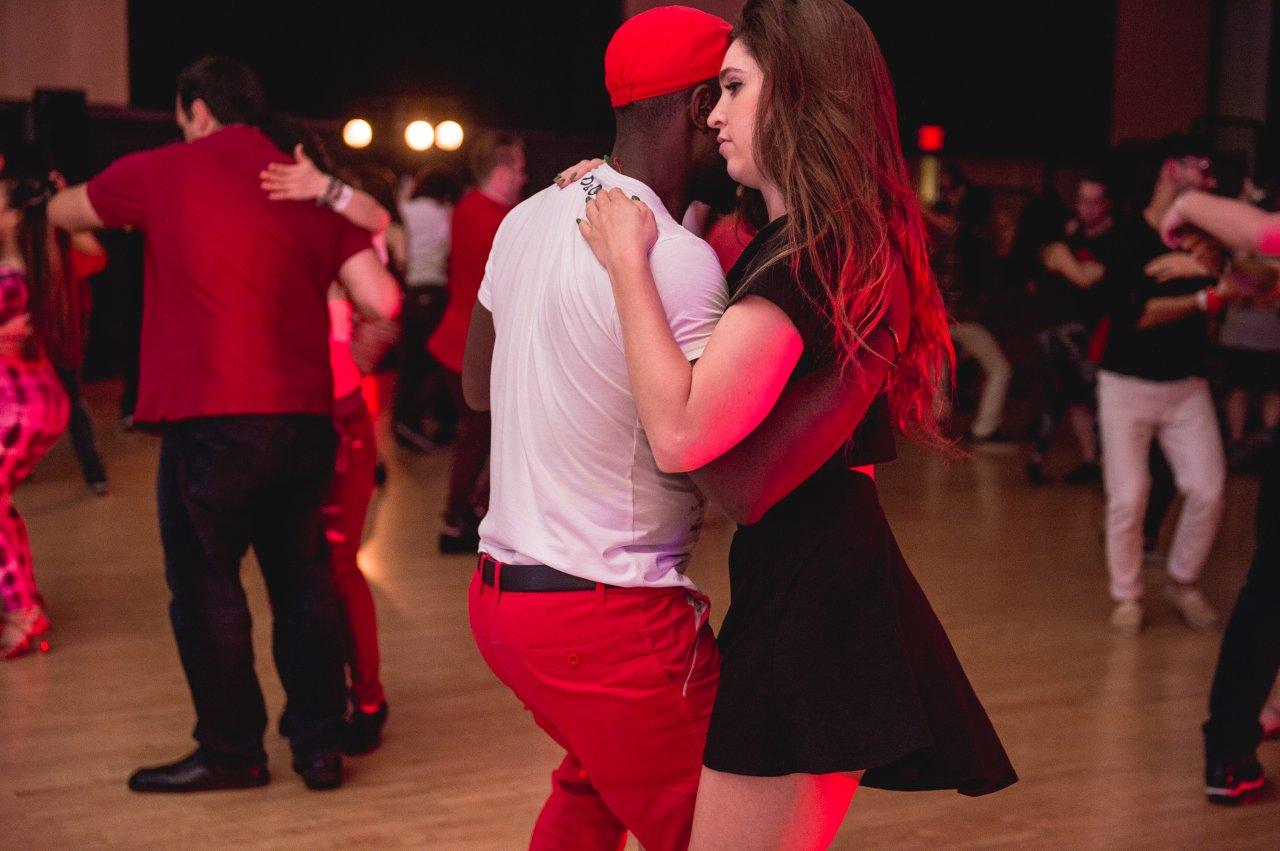No, you are not. I will explain. We’ve all heard it. The famous saying: “Never say No to a dance”. I disagree. There are very valid reasons to say ‘Yes’ or ‘No’ to a dance. All of them are completely legitimate, and within your right to exercise. By giving ourselves the power to say ‘No’ to a dance, we help to preserve the joy we gain from actually social dancing when we want to and on our terms.
-
-
A while back, I wrote an article on getting the most out of your dance education. However, I figured that greater depth was needed on one point: picking a dance teacher.
-
As dancers, one of the most important tools we possess is our feet. They move us, turn us, can make us look good, and are the foundation on which the rest of our dance rests. It is very easy over the course of an event to over-strain our feet to the point where we find it difficult to enjoy the rest of the weekend. Other issues include swollen feet, blisters, and shoes that aren’t fitting properly… but there is hope! Here are some fixes that may work for you.
-
In two days, I’m leaving for the International Miami Zouk Festival. I’ve already packed, but I know several people who are tearing their hair our trying to figure out how to pack for the weekend. I’ve done this too, and found myself overpacked. Now that airlines frequently charge $25 per direction for a checked bag, knowing how to pack well can be key to a) saving money and b) not being short of something you need. Here’s my guide for ‘how to pack’:
-
Goal setting in any field is extremely important for progression and growth. Dance is no different. However, a lot of people tend to make the mistake of having only one overarching goal. One of the most valuable skills to learn in dance is how to develop different ‘tiers’ of goals. These different tiers work in a few ways:
-
We all know at least one dancer who either looks better than they feel, or vice versa. What do we mean by ‘looking’ good vs. ‘feeling’ good? Feeling good is a connection skill based on how you are able to understand and respond to your partner in a co-operative way. The basis for feeling good is found in respect and understanding of your partner’s movement in relation to your own movement. It is an internally directed skill.
-
I’ve met countless people who believe that they can learn a dance by only going out and social dancing. I used to be one of them. Luckily, I was never of the “I watch YouTube and now I get it!” school, but I was of the “Well, I’m mostly a follow and I think I can pick this well enough on the social floor!”
-
There are several bad habits or shortcomings on the dance floor. Some – like poor hygiene – you can’t really do anything about at the moment of dance. Sometimes, the primary concern is keeping yourself safe with a dangerous partner. However, we have put together a list of some of the most common dance floor complaints, and ways that you can help make these dances fun for yourself. 1. Off time. There goes the ‘1’ again.
-
Back pain. It sucks. I’ve met a lot of dancers over the years who need to take a day between dance events because their back is so sore. I’ve met people who sleep on floors, get massages, and pop pills to try to prevent the pain. I’ve also met people who have quit dancing because of the level of pain they feel after dancing.
-
Rhythm and Musicality: the cornerstones of almost every dance style in existence. We put so much emphasis on being ‘On Time’, of ‘Hitting the Break’, ‘Feeling the Music’ and of ‘Expressing the Song’.
-
Taking classes is the first step in really mastering a dance. However, there are several things that you can do to really improve your retention, understanding, and application of what is being taught. Identify Your Learning Style
-
I have met very few dancers who feel they dance “Well Enough”. Most of the people who do feel that way are individuals who either: Think they know it all (if you’re this person, go read about DES); or, Really don’t love with a burning passion this thing we call dance, and see it more as a casual pastime.
-
Every once in a while, I see a new dancer who comes into the scene with not a clue what they are doing. Someone who has not had the chance or money to take classes, or who does not have the opportunity to gain exposure to the level of dancing some of us are regularly privy to. Sometimes, this dancer is naturally “gifted”; there is something in their past or some sort of other ability that gives them a jump start in the dance world. Other times, they have just stumbled into dance later in life, but have a deep-seated…
-
I have been social dancing now for at least four years. It’s become a major part of my life, including crazy commutes, late nights, and a lack of sleep. Out of those years, there is one particular one that is covered in a shimmery haze of wonderfulness. In the first year that I started social dancing, every night out was an adventure. I would grab my (newly-addicted) friends, primp, dress up every night, and get super excited for the local, once-a-month dance night.
